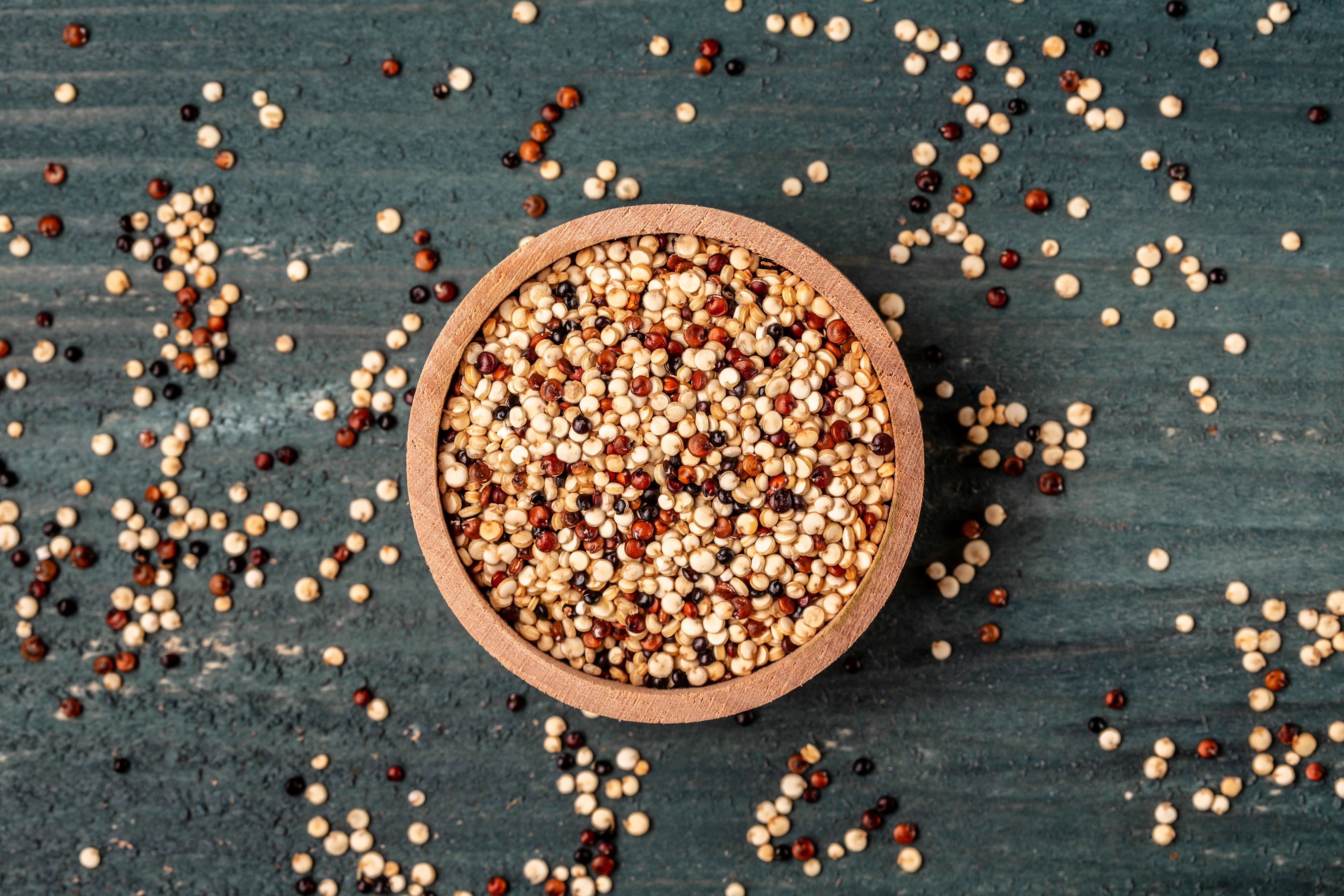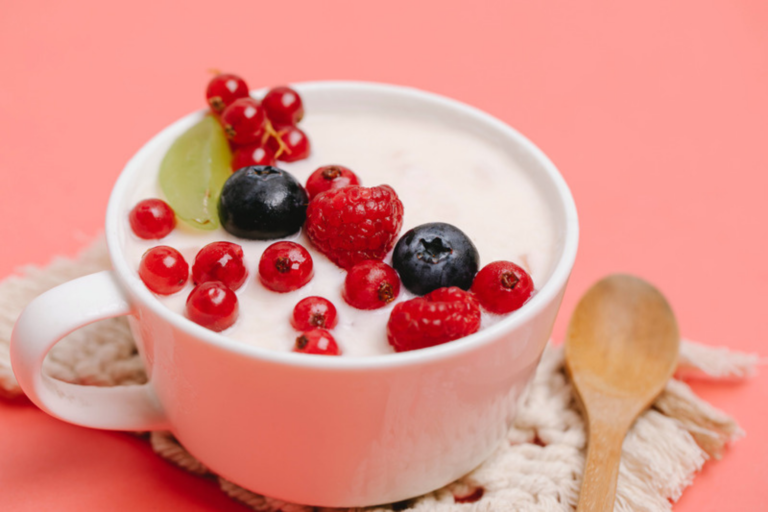Health Benefits of Quinoa
Quinoa, hailed as a nutritional powerhouse, offers a number of health benefits that make it a standout choice for a balanced diet. One of its key strengths lies in its exceptional fiber content, containing both soluble and insoluble fibers. This combination has been linked to stabilizing blood sugar levels, particularly beneficial for those managing diabetes. Additionally, it aids in reducing cholesterol levels, lowering the risk of heart disease.
Furthermore, quinoa’s fiber content promotes a healthy digestive system, preventing constipation, and supports weight management by inducing a prolonged feeling of fullness. Beyond its fiber content, quinoa is naturally gluten-free, making it a safe and nutritious option for individuals with gluten sensitivity or celiac disease. This quality, stemming from its unique botanical classification, distinguishes quinoa from many other grains and positions it as a versatile and wholesome alternative.
Adding to its appeal is its status as a complete plant-based protein source, offering all essential amino acids. This makes quinoa a standout choice for vegetarians, vegans, and those seeking diverse protein options. Coupled with its array of vital nutrients, quinoa is not just a muscle-nourishing food, but a crucial component of a well-rounded, balanced diet. Moreover, its potent antioxidant and anti-inflammatory properties further solidify quinoa’s status as a superfood, providing a powerful defence against cellular damage and inflammation-induced health issues.
High in Fiber
Quinoa, often hailed as a superfood, stands out for its exceptional fiber content, making it a valuable addition to a balanced diet. This ancient grain is particularly rich in both soluble and insoluble fiber. Soluble fiber, found in substantial amounts in quinoa, has been linked to stabilizing blood sugar levels by slowing down the absorption of glucose. This property is particularly beneficial for individuals managing diabetes or seeking to regulate their blood sugar levels. Furthermore, soluble fiber aids in lowering cholesterol levels, thus reducing the risk of heart disease. (1)
In addition to its soluble fiber content, quinoa is also abundant in insoluble fiber. This type of fiber adds bulk to stool and promotes regular bowel movements, preventing constipation and supporting a healthy digestive system. Moreover, the combination of soluble and insoluble fiber in quinoa contributes to a prolonged feeling of fullness, which can assist in weight management and reducing overall calorie intake. (1)
Naturally Gluten-Free
Quinoa is a remarkable grain that stands out for its natural gluten-free properties. Unlike many other grains, such as wheat, barley, and rye, quinoa does not contain gluten. This makes it an excellent choice for individuals who have gluten sensitivity or celiac disease, a condition where consuming gluten can lead to serious health issues. (2)
The absence of gluten in quinoa is a result of its unique botanical classification. While often referred to as a grain, quinoa is actually a seed from a plant related to beets and spinach. This genetic distinction is key to its gluten-free status. As a result, quinoa can be consumed without triggering the adverse reactions commonly experienced by those with gluten-related disorders. This inherent gluten-free quality has propelled quinoa into the spotlight as a versatile and nutritious alternative to traditional grains, offering a wide range of culinary possibilities for individuals seeking gluten-free dietary options. Whether in salads, pilafs, or baked goods, quinoa’s natural gluten-free nature opens up a world of delicious and healthy eating opportunities. (3)
Source of Protein
Quinoa is a remarkable plant-based source of protein that has gained immense popularity in recent years. This ancient grain, native to South America, is cherished for its exceptional nutritional profile. What sets quinoa apart is its complete protein content, meaning it contains all nine essential amino acids crucial for human health. This makes it an excellent choice for vegetarians, vegans, and individuals seeking to diversify their protein sources. (4)
Furthermore, quinoa’s protein is of high quality, as it provides a balanced and well-absorbed array of amino acids. This makes it comparable to animal-based proteins like meat, eggs, and dairy products. In addition to its protein content, quinoa is rich in various essential nutrients, such as fiber, magnesium, iron, and B-vitamins. This combination of protein and essential nutrients makes quinoa not only a satiating and muscle-nourishing food but also a valuable component of a well-rounded, balanced diet. Its versatility in cooking and its compatibility with various cuisines have contributed to its widespread use as a staple in modern, health-conscious kitchens worldwide. (4)
Contains Antioxidant and Anti-inflammatory compounds
Quinoa is a remarkable grain that offers a host of health benefits, including its antioxidant and anti-inflammatory properties. Quercetin and kaempferol possess anti-inflammatory properties and function as antioxidants in the body. This means they play a role in safeguarding cells from harm caused by unstable molecules known as free radicals. Antioxidants are like little superheroes in our bodies, fighting off harmful molecules called free radicals. These free radicals can cause damage to our cells, leading to various health issues. Quinoa is rich in antioxidants, particularly flavonoids and polyphenols, which play a crucial role in neutralizing these free radicals. By incorporating quinoa into our diet, we give our bodies an extra dose of these protective compounds, helping to shield our cells from oxidative stress and potentially reducing the risk of chronic diseases. (5)
In addition to its antioxidant prowess, quinoa is also known for its potent anti-inflammatory properties. Chronic inflammation is linked to a range of health problems, from arthritis to heart disease. Quinoa contains nutrients like vitamin E and various phytonutrients that have been shown to combat inflammation. These components work together to suppress inflammatory pathways in the body, helping to alleviate symptoms and potentially prevent the onset of inflammatory-related conditions. By incorporating quinoa into our meals, we not only enjoy a delicious and versatile food, but we also provide our bodies with a powerful tool in the fight against inflammation and its associated health risks. (4)








